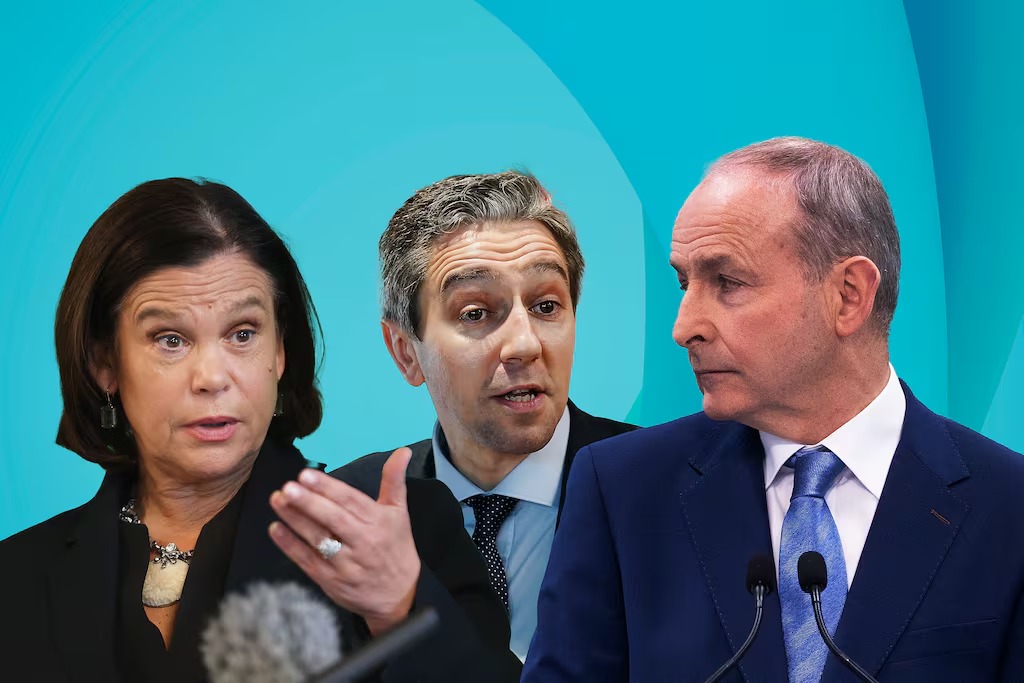Locations Affected: Ireland
The elections to choose 173 representatives (Teachtaí Dála/TDs) of the lower house (Dáil) of the Irish parliament (Oireachtas) will be conducted on 29 November. The election candidates include independent candidates, members of smaller parties, and all three main parties – the outgoing coalition partners Fianna Fáil and Fine Gael and the leading opposition party Sinn Féin. A party would require 88 TDs to win an overall majority. A government will be formed after the parliament votes for a new prime minister. More than 3.4 million people are registered to vote in the elections.
The electoral system in Ireland depends on proportional representation, wherein voters vote in order of preference for as many candidates as they like. The counting is done over several rounds, and the final count can take days to be confirmed. A candidate must reach a threshold to be elected. If a candidate exceeds the threshold, the surplus votes are transferred to the next candidate in order of preference.
The elections needed to be held before the completion of the current government’s mandate in March 2025.
Details of the Polling
- The newly elected TDs will represent 43 constituencies throughout the country.
- The voting will take place between 0700 and 2200 hours local time. The counting of votes begins on 30 November and is expected to continue throughout 01 December or extend further in the following week.
- The first session of the new parliament is scheduled on 18 December.
Potential Outcomes of the Election
No single party has won a majority or more than a quarter of first-preference seats during the last two general elections. Analysts expect the trend to continue during the current election, with the votes approximately evenly split between Fine Gael, Fianna Fáil, Sinn Féin, several smaller parties, and independents. Coalitions in Ireland have been stable, but it has previously taken months for a government to be formed, leaving the country with a caretaker government. The high cost of living, the housing crisis, and immigration issues are the major issues during this election and can also impact the formation of a coalition between parties. Fine Gael and Fianna Fáil are likely to form another coalition, and both have ruled out forming a bloc with Sinn Féin. Depending on the election results and resultant government, economic and policy reforms are anticipated. Heightened security measures are expected near polling booths and government buildings until the counting of votes concludes. Organizations are advised to remain situationally aware and prepare necessary contingency plans.


